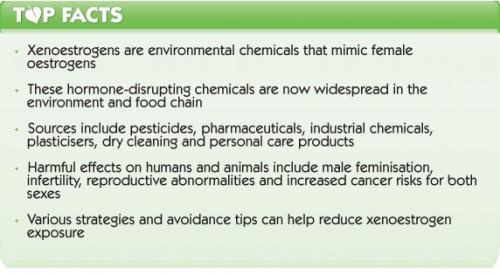|
by Ward W. Bond, PhD
This time of year can be difficult for many people. There are those who won’t get to spend time with their families, such as many of our servicemen and women in the Armed Forces and others working during the holidays. Then you have those who will spend the holidays with their families and that will trigger stress, anxiety and in some cases depression. Add shopping into the mix and we have the perfect holiday emotional storm that many don’t look forward to each and every year. Here are a few safe nutrients and herbs to help you beat the holiday blues and keep stress and anxiety as low as possible. Theanine – Derived comes from Green Tea. Reduces stress and anxiety; Increases Alpha Brain waves to allow focus and improved learning (great for ADD/ADHD) and lowers blood pressure in those under stress. This is perfect for everyone. The normal dose is 200mg up to four times per day. Phosphatidylserine – Part of the Choline family of nutrients related to the nervous system and brain function. Lowers cortisol levels quickly and improves memory. Best taken in the morning as well as bedtime. Can be taken when needed. Fish Oil – Reduces mild to moderate depression by 70-75% when depression is seasonal or caused by stress. Fish oil should be taken daily on a regular basis by all family members from kids to adults. Keeps the brain healthy as well as your sanity. Passion Flower – An herb excellent for panic attacks. Can help one stay calm during very stressful times, but will not cause fatigue.
0 Comments
Xenoestrogens are a sub-category of the endocrine disruptor group that specifically have estrogen-like effects. Estrogen is a natural hormone in humans that is important for bone growth, blood clotting and reproduction in men and women. The body regulates the amount needed through intricate biochemical pathways. When xenoestrogens enter the body they increase the total amount of estrogen resulting in a phenomenon called, estrogen dominance. Xenoestrogens are not biodegradable so, they are stored in our fat cells. Build up of xenoestrogens have been indicated in many conditions including: breast, prostate and testicular cancer, obesity, infertility, endometriosis, early onset puberty, miscarriages and diabetes.
Here are some of the chemicals that are xenoestrogens:
Guidelines to minimize your personal exposure to xenoestrogens: Food
|
Archives
May 2022
|


 RSS Feed
RSS Feed